How 5 small-time traders made it big as manufacturers, are now clocking crores in revenue
Before starting a manufacturing business, many entrepreneurs develop their understanding of an industry and its supply chain mechanisms while working as a dealer or trader. Here are the stories of five such entrepreneurs.
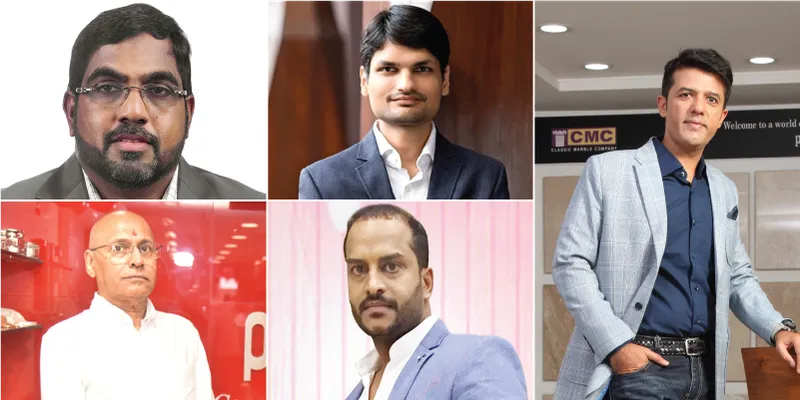
Many entrepreneurs go through gruelling years of sweat and toil to eventually make it big.
Building a large, profitable, and sustainable business from scratch requires starting small and developing an in-depth understanding of not only the business’ core sector but also of ancillary industries.
Often, small business entrepreneurs develop their understanding of an industry and its supply chain mechanisms while working as a dealer or trader in the same sector.
SMBStory has curated a list of five SMB entrepreneurs who started as traders or dealers and went on to become large-scale manufacturers.
Vinay Jain - Grafdoer
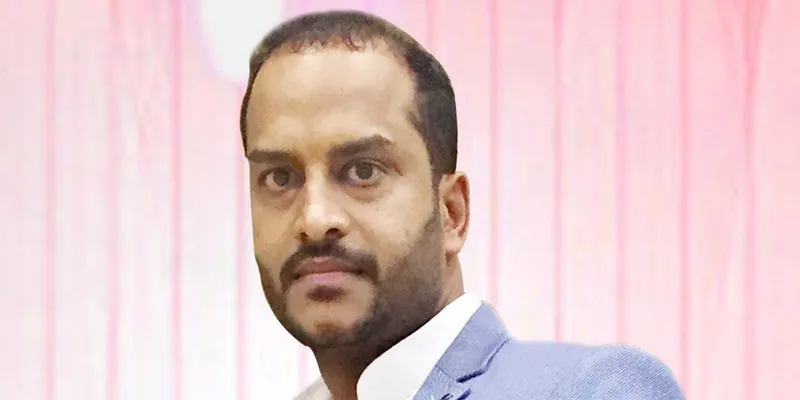
Vinay Jain, Founder, President and CEO, Grafdoer
In 2003, Vinay Jain migrated from Bhiwadi in Rajasthan to Delhi. The young commerce graduate had Rs 2 lakh in his pocket and a dream to make it big in the capital city. But after reaching Delhi, Vinay did not know what to do or where to begin.
When Vinay met with a leading bath fittings manufacturer, he saw the opportunity to become a trader for the company. He invested his money in setting up Emm Kay Industries, a trading house in Chawri Bazar, which is a wholesale market for brass, copper, and paper products. For the next three years, Vinay traded bath fittings such as faucets and showers.
One day, he was approached by a supplier for the bath fittings brand. He realised that the supplier’s manufacturing business was not in good shape. He studied it closely, understood its production process, and discovered that it had the potential to become profitable if it was run properly. In 2006, Vinay acquired the business.
Today, the brand, renamed as Grafdoer, is a Rs 50 crore turnover company that makes bathware, sanitaryware, kitchenware, and accessories, and employs over 300 people.
Inder Jaisinghani - Polycab
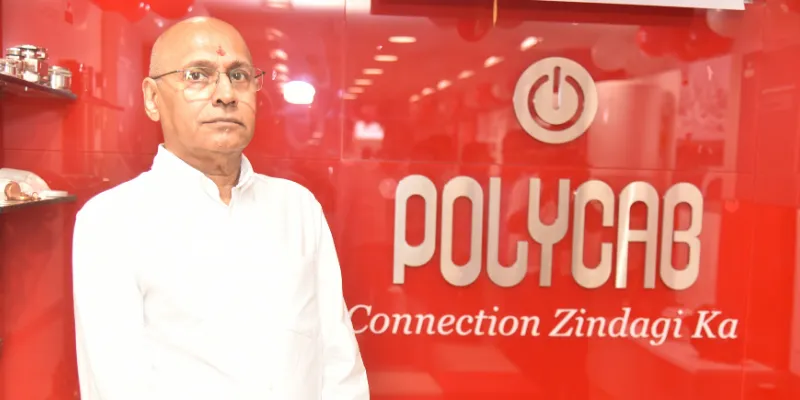
Inder Jaisinghani, Chairman and Managing Director, Polycab
Inder Jaisinghani was 15 years old when he lost his father Thakurdas Jaisinghani in 1968. Inder’s mother asked him to quit his studies and take over the family business started by his father.
The Jaisinghani family, who are Sindhis, ran Sind Electric Stores, a small hardware and electrical store in Mumbai, which sold fans, lights, switches, and wires. It was located in Lohar Chawl – Mumbai’s epicentre for electrical goods and products, and a trading zone.
Fortunately for young Inder, he was not alone when he took over the business. His brothers joined him to scale up the family business.
Initially, Inder and his brothers ran the store and experimented with making wires and cables in Mumbai. But their success story began in 1983 when they started a firm called Polycab, to manufacture electrical goods at a large scale in Gujarat.
’s initial years were rife with struggle and sacrifices as the brothers built the business organically.
Today, Inder and his brothers have come a long way with Polycab, but they have not forgotten what inspired them to work hard in the early days. Their desire to enhance the Jaisinghani family name still burns strong. The brothers want to take Polycab beyond its current Rs 7,985 revenue and 4,600 employees.
Vijay Bansal - Cantabil
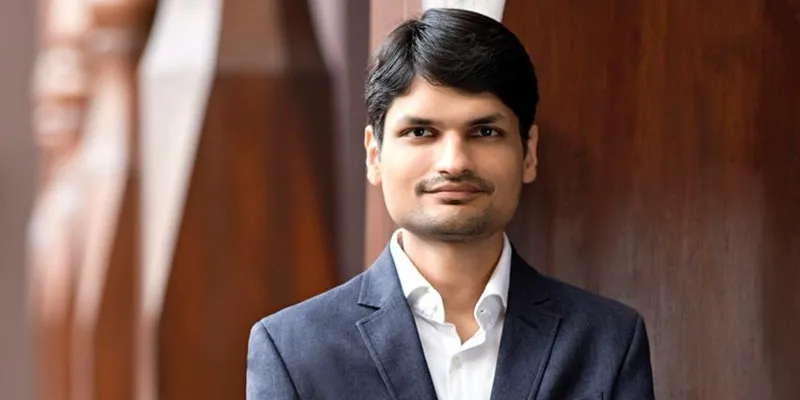
Deepak Bansal, Director, Cantabil
In the 1980s, Vijay Bansal moved from Jind in Haryana to Delhi. Delhi was a culture shock for him. Vijay started as a garment accessories trader with a capital of Rs 5 lakh.
He used to purchase the accessories from the local markets and sold them to manufacturers. He continued in the same sector for about eight to 10 years after which he moved to the readymade garment business.
In 2000, Vijay founded Retail in Delhi and opened the first store in the heart of West Delhi in the Rajouri Garden market.
Vijay’s son Deepak says, “The company was founded as a Pvt Ltd in 1989 when my father was into trading. However, the store came into existence in 2000.”
Initially, Cantabil stores showcased products of other brands, but gradually switched to its own manufactured products. The company has a manufacturing unit spread across a built-up area of 1.50 lakh sq.ft. in Baha, Haryana, that produces around one lakh pieces per month.
The company clocked a revenue of Rs 290 crore in the financial year 2018-19, which is the best top-line figure achieved since its inception, Deepak claims. The company reaches out to its over two million registered customer database through SMM, SMS, campaigns, etc.
Amit Shah - Classic Marble Company
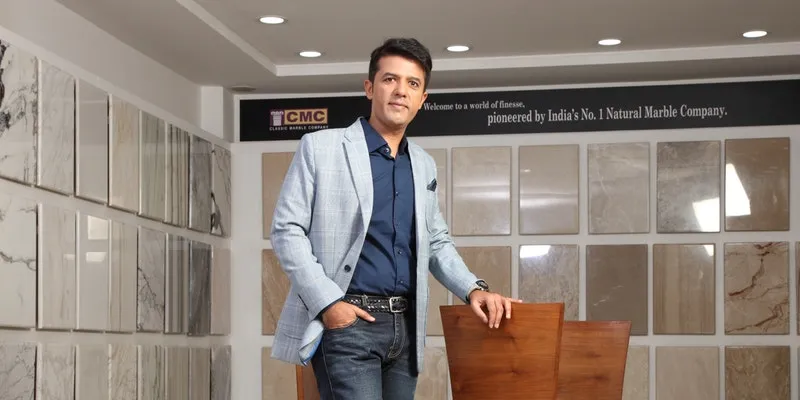
Amit Shah, MD, Classic Marble Company
In the early 90s, a young and budding entrepreneur in Mumbai mulled over a business decision. Nineteen-year-old Amit Shah’s family was into the textile business. But Amit had also seen great potential in the marble industry.
He was not sure which path to take. He felt India lacked organised players in the stone and marble industry. “I was naturally inclined to be an entrepreneur and wanted to be quick in latching on to this opportunity in the stone and marble industry,” Amit tells SMBStory.
Amit took the plunge into the marble industry in 1994 and started off as a trader. He began trading exotic marble varieties and sold it to wealthy buyers. Thus, began the early days of (CMC). Amit spent the next few years building expertise in the domain.
There were several challenges along the way, such as working in an unorganised sector, unfavourable manufacturing policies, and difficulty in procuring raw materials.
Amit was working in a highly fragmented industry where the top 10 producers of marble accounted for just 3.76 percent of the market, according to a study.
There was an opportunity in adversity, and Amit and his co-founder KM Swamy overcame the odds to build CMC into a Rs 500 crore revenue company with close to 900 employees across the country.
MP Ahammed - Malabar Gold
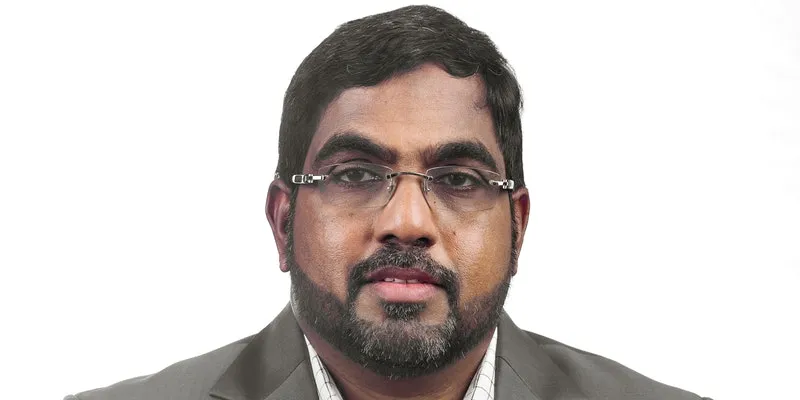
MP Ahammed, Founder, Malabar Gold & Diamonds
Born into a family of merchants and landlords, MP Ahammed began his entrepreneurial journey at the age of 20 by setting up a spice trade venture in 1979. He used to trade cardamom, pepper, and coconut to the retailers of Calicut (now Kozhikode) in Kerala.
However, he soon realised that the trading business did not have bright prospects. He discovered the value of creating his own brand, but not in the spice business.
Ahammed researched the market and observed that the jewellery market was a major unorganised sector people talked about. He decided to set up a business in the industry and promote his native place Malabar. That was how Malabar Gold was born.
In 1993, the company started in a small 400 sq ft shop in Calicut. Ahammed started by purchasing gold bars and then getting the jewellery designed by goldsmiths.
In the last financial year, Malabar Golds & Diamonds clocked Rs 27,000 crore turnover. Its products are now manufactured and designed in factory units located in Calicut, Trichur, Coimbatore, Bengaluru, Hyderabad, Mumbai, and Kolkata. Malabar Gold also has a facility in Dubai.
(Edited by Javed Gaihlot)







.png?mode=crop&crop=faces&ar=1%3A1&format=auto&w=1920&q=75)